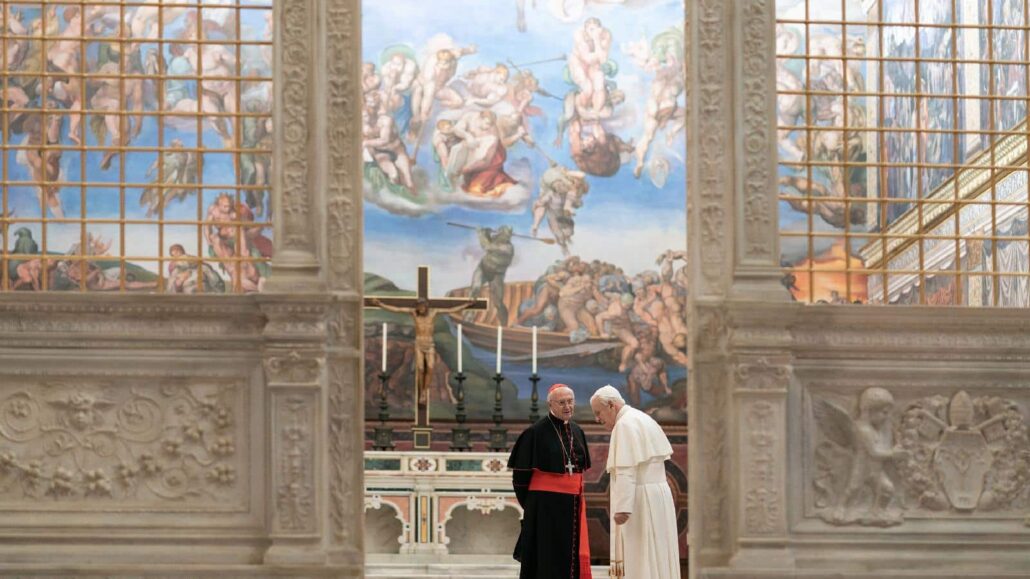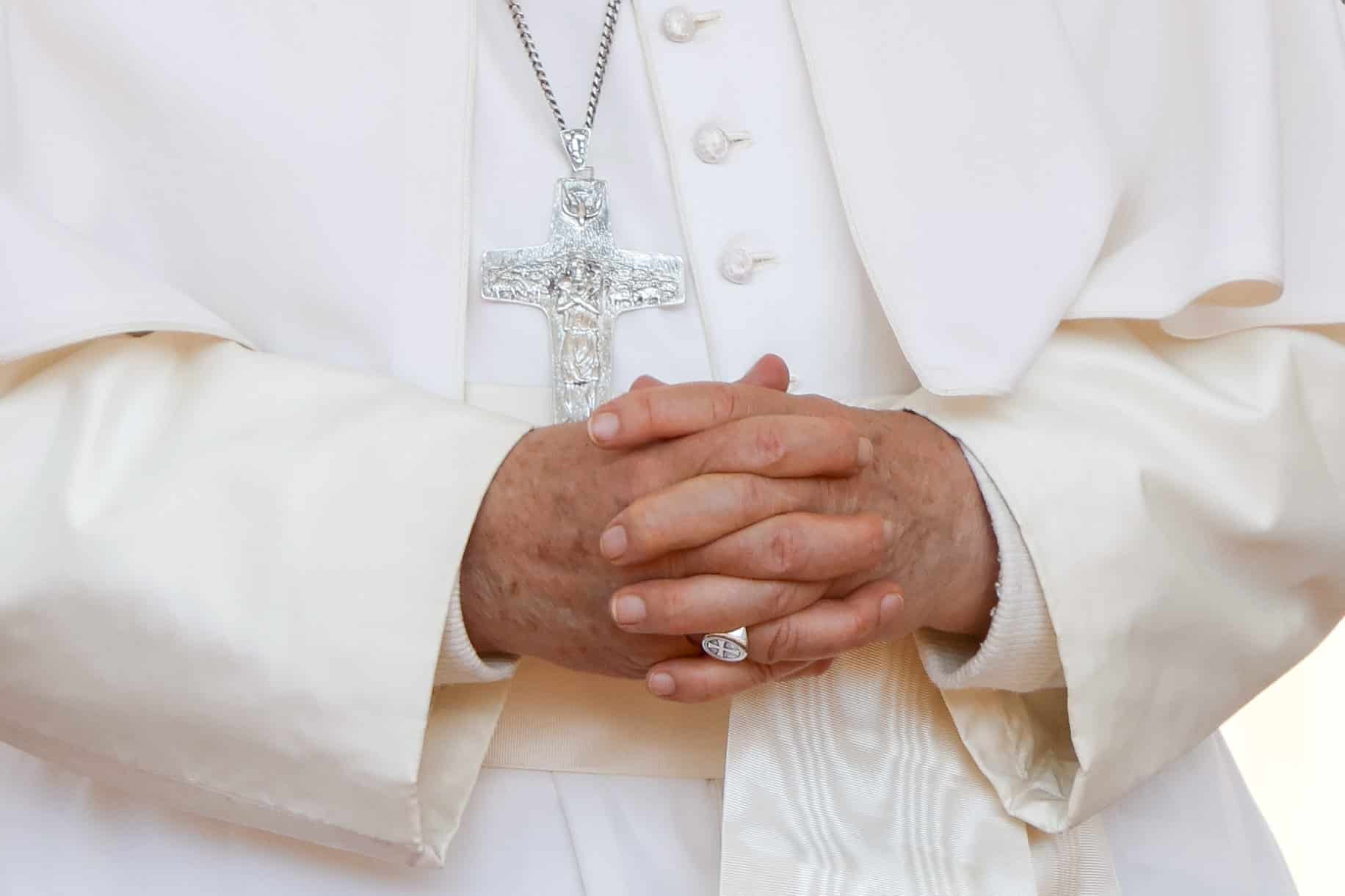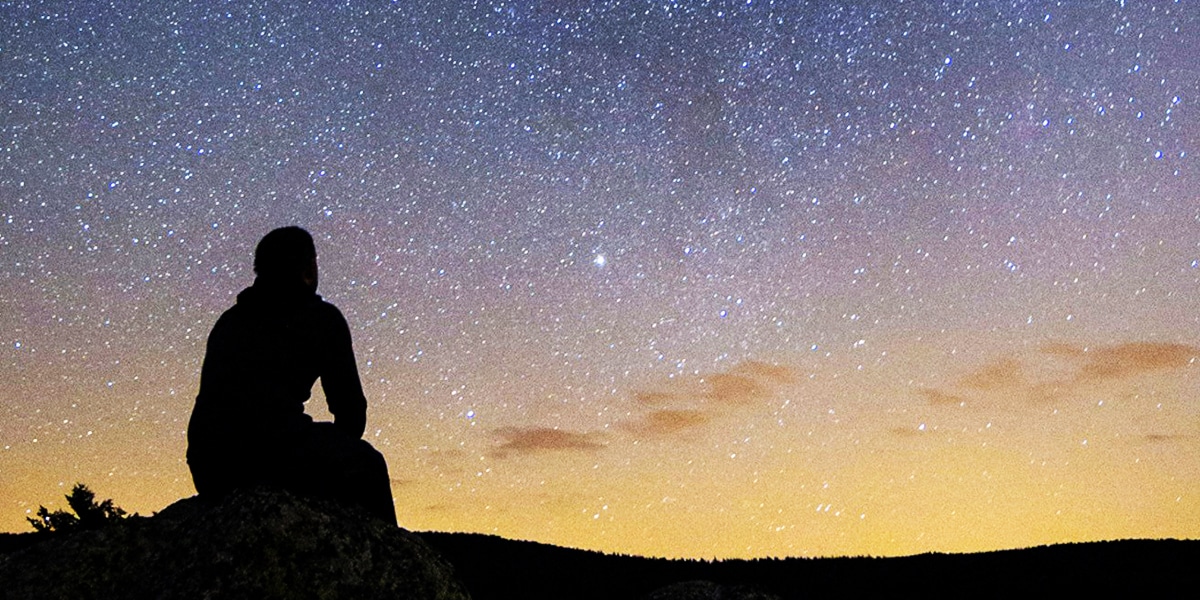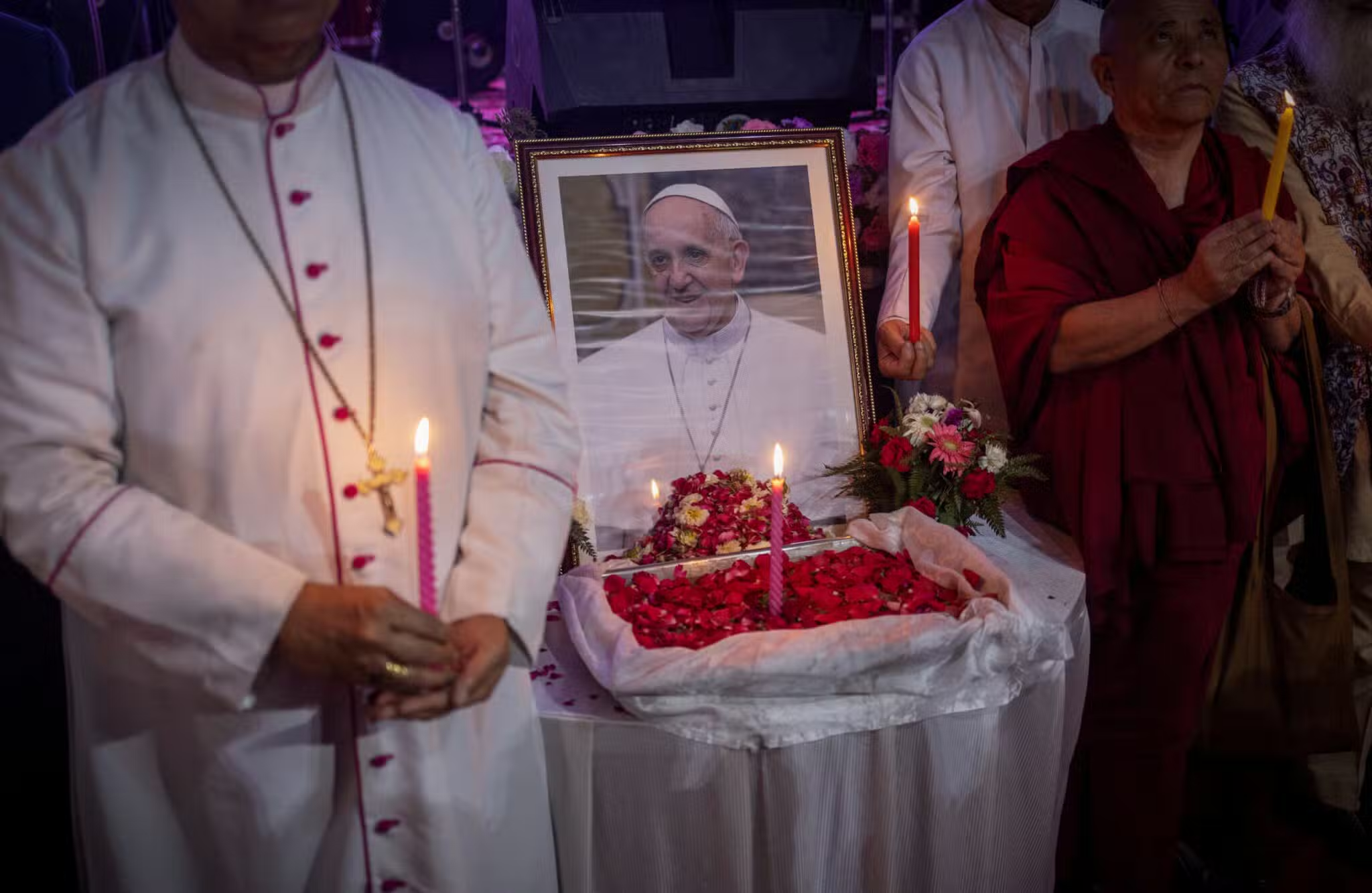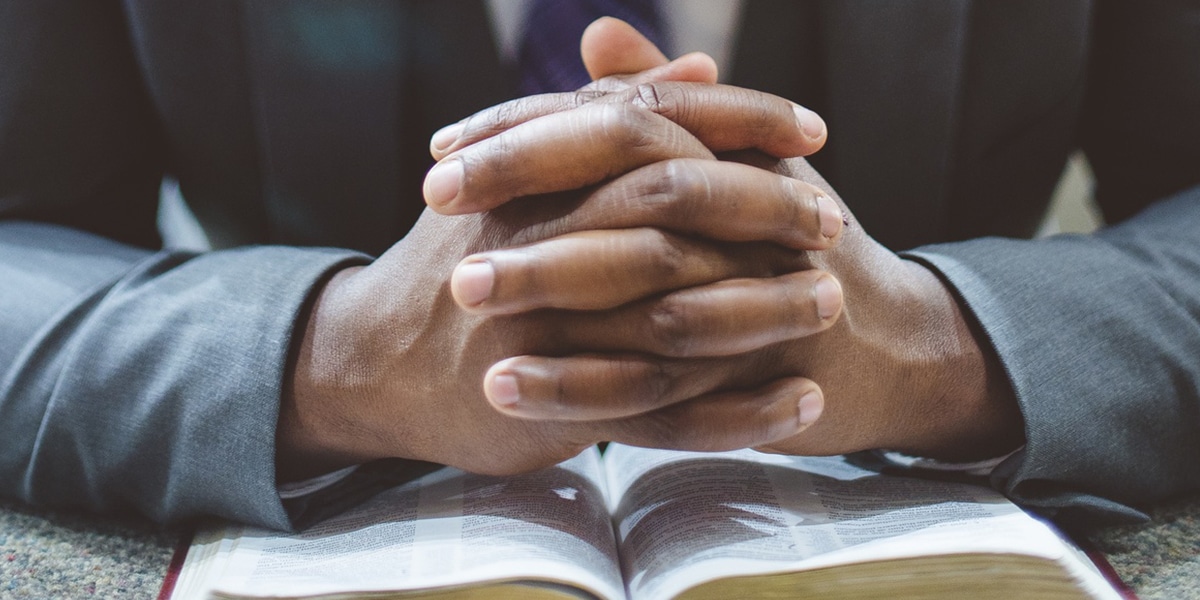The path forward for us as a country is mapped out in the 2019 Netflix biographical drama The Two Popes—a film that creatively depicts the relationship and transition between Joseph Ratzinger (Pope Benedict XVI), a conservative, and Jorge Mario Bergoglio (Pope Francis), a progressive. Through honing in on a unique relationship between two people who could not be more different ideologically, we are reminded, here in our present polarization, of the possibilities ahead if we dare to dialogue with one another in a different way.
I watched The Two Popes when it was released in December 2019 on Netflix but was drawn to the film again this election season. Finding myself constantly disturbed by the vitriolic rhetoric and cheap overgeneralizing I was reading each day on social media by pundits on both sides, many of whom I used to respect, I found myself going to bed most nights with a racing mind and heavy heart.
How did we get here? When did we become so desensitized to dehumanizing one another? When did we start defining one another by our ideas and demonizing those who disagreed with us, as if we’ve somehow attained absolute moral clarity? Most days social media feels more like attending a witch trial; compelling, sure, with impeccable theater, but at the end of the day you’re forced to confront the horror of a burnt corpse. The film found me once again and gave me a glimmer of hope in my depressed state.
The Two Popes, written by Anthony McCarten (The Theory of Everything, Bohemian Rhapsody), brilliantly inspires each of us to remain true to our convictions, no matter where we might fall on the ideological spectrum, while also opening ourselves up more and more to the person most different than us. The film essentially portrays a steady sinking into unexpected intimacy—beginning in the head, as two different philosophies violently collide, and slowly moving into the heart, a natural sharing and confiding and abiding in one another.
Hashing It Out
There is a lot of talk these days about unity. Some of it is legit, with deep, spiritual implications. Some of it is more of a cop-out—a mere reaction to feeling uncomfortable with tension, which is core to progress. The Two Popes does not shy away from radical difference and chaos.
When a meeting is arranged in a garden outside Rome between Pope Benedict (Anthony Hopkins) and Bergoglio (Jonathan Pryce), who wants to resign as a Cardinal in protest of the Pope’s conservatism, the two delve into their differences without delay. Benedict, passionate about church tradition and theology, cannot fathom Bergoglio’s looseness with “the law,” especially considering Bergoglio’s popularity among the Cardinals. Bergoglio, passionate about social justice and inclusion, cannot understand Benedict’s rigidity and the Church’s obsession with perception.
In this first conversation, Bergoglio seems far more likable and approachable, Benedict more judgmental in his certainty. Conservative viewers might be tempted to think that this is just typical Hollywood—the conservative portrayed as rigid and insensitive while the honorable progressive reformer faces his oppressive foe. But the film is far from this simplistic.
Their tense dialogue is a certain comfort to us in our own division. Discourse is messy. Often it’s intense. Sometimes it leaves a bad taste in our mouths. If two brilliant popes are at each other’s throats, perhaps we should not shy away from our own convictions. Maybe we should not fear confrontation. But hashing it out, also, should not be the end of the story, as is far too often the case in our own discourse.
Pumping the Breaks
Their next conversation takes place after dinner in a common room at the papal apartments. Benedict thoughtfully has soccer on the television for Bergoglio, knowing the Argentinian loves his football. Bergoglio makes a move to turn off the television to continue their afternoon’s discussion and get his resignation papers signed. Bergoglio is on a mission.
But Benedict snaps and pleads with Bergoglio to take a break from the heaviness, “Please. I know you like to talk but I’m tired, I’m exhausted. I need to rest. Sit down and just be quiet together.” Out of this silence invites a certain vulnerability. Benedict opens up to Bergoglio about no longer being able to hear God’s voice. And then Bergoglio opens up to Benedict about the first time he heard God’s voice in his call to the priesthood decades before, which leads Bergoglio to once again bring up his resignation. Benedict, again, pumps the breaks and invites Bergoglio to leave his agenda behind, “Please. Just for this evening. I know we have our differences, our disagreements, but for this one evening let us just be brothers for a while. Shall we?”
Bergoglio reluctantly agrees. Benedict begins playing the piano as Bergoglio gathers around. They have a comical exchange about the Beatles, as the hip Bergoglio educates Benedict about Eleanor Rigby, Yellow Submarine, and Abbey Road. Bergoglio fetches a decanter of wine. Benedict must be fine with his Fanta. Now they’re having fun. The two eventually end up in front of the television watching an absurd German show about a dog that solves crimes, a favorite of Benedict’s. As the night winds down, they pray together, then share an awkward embrace as Benedict goes for the handshake and Bergoglio goes for the hug. As McCarten’s script says, “They end up awkwardly holding hands as if about to dance.”
One of the most difficult things to do in the heat of discourse is pumping the breaks. I’m horrible at it. I crave resolve. My ego craves victory. This spiraling into our own thoughts and opinions is where most of our demonizing unfolds. But Benedict’s guidance in this scene reminds viewers that silence and stillness—pausing to sit in the awareness of the fullness of our shared humanity—often paves the way for vulnerability and laughter, for friendship and commonality, and, yes, for accidental dancing.
The Dialectic Move
Bergoglio, determined to get Benedict’s signature to finalize his resignation, is once again derailed when Benedict shares with him that actually he is going to resign and renounce the papacy, the first time any pope has done so in 700 years.
Now, Bergoglio, the progressive, becomes the rigid traditionalist, deeply disturbed by Benedict’s disregard for church history; and Benedict, the conservative, becomes the progressive, breaking new ground and sparking reform. Bergoglio, a champion of openness, is suddenly so certain in his moral clarity that Benedict’s decision will have disastrous consequences, and Benedict, a stickler for the rules, has a certain flippancy toward tradition and reckless freedom that is giving Bergoglio a coronary. It is the staunch conservative who is igniting progress and paving the way for Bergoglio to become Pope Francis—for a more progressive vision that connects with our current culture.
In other words, we all need paradox, contradiction, and one another.
Not unlike Benedict the night before, the liminality of the situation now leads Bergoglio to open up to Benedict about his own insecurities—the shame he carries with him from his early days as a priest when he failed to speak out against an oppressive military junta that wreaked havoc in Argentina in the 1970s. This is perhaps one of the many reasons he is so outspoken today about social justice—a reminder that beneath passion is usually pain; beneath certitude, a story. Benedict receives this “confession” and absolves his sins.
Later on, Benedict humbly asks Bergoglio to hear his confession, but unlike Benedict, Bergoglio struggles to hold it without judgment and, at one point, stands up, interrupting the confession, consumed with a righteous rage for what the Vatican has overlooked in its sexual-abuse scandal. Bergoglio again urges Benedict not to resign, to begin to repair the damage that has been done, and their discourse again approaches a breaking point.
“I can no longer hear God!” Benedict eventually says forcefully. “I believe in God! I pray…but only silence. How can I reveal his Word to our millions of pilgrims if I do not hear his presence?”
The intensity of the moment shocks Bergoglio into listening again. Benedict adds, his voice softening, “But these last two days, I have heard him again.”
Through Bergoglio, the person who is most different than him.
Pizza and Communion
A brilliant, subtle touch within The Two Popes is the notion of communion. After the intensity of Benedict and Bergoglio’s first outing in the garden, they eat that evening in separate rooms. In their second meeting, there’s wine and Fanta. And after their third meeting in the Sistine Chapel, they spontaneously order a pizza from a mom-and-pop shop in Rome that, of course, Bergoglio knows about. They scarf it down together in the Chamber of Tears.
The mind is quite good at communicating arguments, logic, and ideas, but it is the heart that often invites communion: vulnerability and confession, stories and pizza. Thomas Merton writes in his Asian Journal that communion is the deepest level of communication. The Two Popes gives us hope that communication can guide us into an intimate, unitive space if our hearts remain open to communion.
Unfortunately our own discourse usually doesn’t take place in beautiful gardens, castle common rooms or the Sistine Chapel. Whether we like it or not, our discourse today mostly unfolds on social media, even more so in our pandemic-induced isolation. This arena for the rapid exchange of opinions is unprecedented in human history and only fuels our tendency to define one another by our ideas. But that’s easy to do. Overgeneralizing and scapegoating is not prophetic—it’s so intellectually lazy I hesitate to even call it discourse. As Merton wrote, “If I insist on giving you my truth, and never stop to receive your truth in return, then there can be no truth between us.”
The hard inner work involves reconnecting to the heart and considering a person’s story—why they think the way they think and do what they do or vote the way they vote. I’m convinced that one of the great spiritual tasks of our social media age is to reclaim human dignity and fight against the algorithms that reward conflict and division. Our access to so much information and so many perspectives should actually make us more humble, not more certain.
One of my favorite scenes of The Two Popes is when it is time for Bergoglio to return to Argentina. Benedict sees him off in the Vatican forecourt and says to Bergoglio, “You know the story of St. Francis? How when he heard God asking him to restore his church, he thought he meant bricks and mortar? Remember poor St. Francis. Remember even he was wrong sometimes.”
This time they land a hug, albeit awkward, and Bergoglio says, “You know Francis loved to dance,” and begins to lead Benedict in the tango. Benedict reluctantly submits. This time their dancing is not accidental. In fact it’s what they’ve been doing all along.

